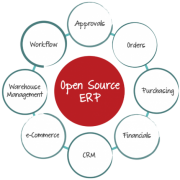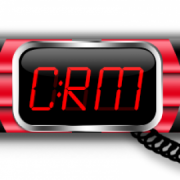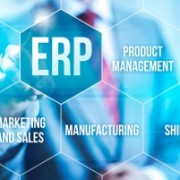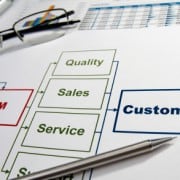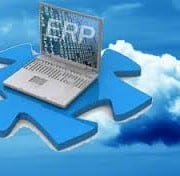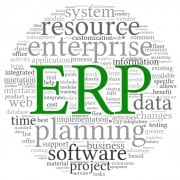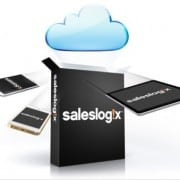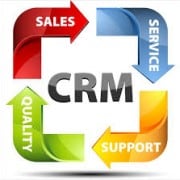Why do large companies use open source Enterprise Resource Planning (ERP) systems? The short answer: it’s cheaper and easier to customize.
Open source ERP typically have no license or software maintenance costs, eliminating a great sum of fees. This also makes consultant and programmer fees are much lower. Commercial ERP systems most often require costly databases and operating systems. Implementing an open source ERP system for a large organization is easily done, with a new interface shell created outside the core system, meeting the business needs. Open source ERP provides full source content, no need for lock-in or vendor dependency.
Of course there are some disadvantages with open source, though if you want a general ERP system that’ll do what you need and not feel as complicated, open source is a good option.

